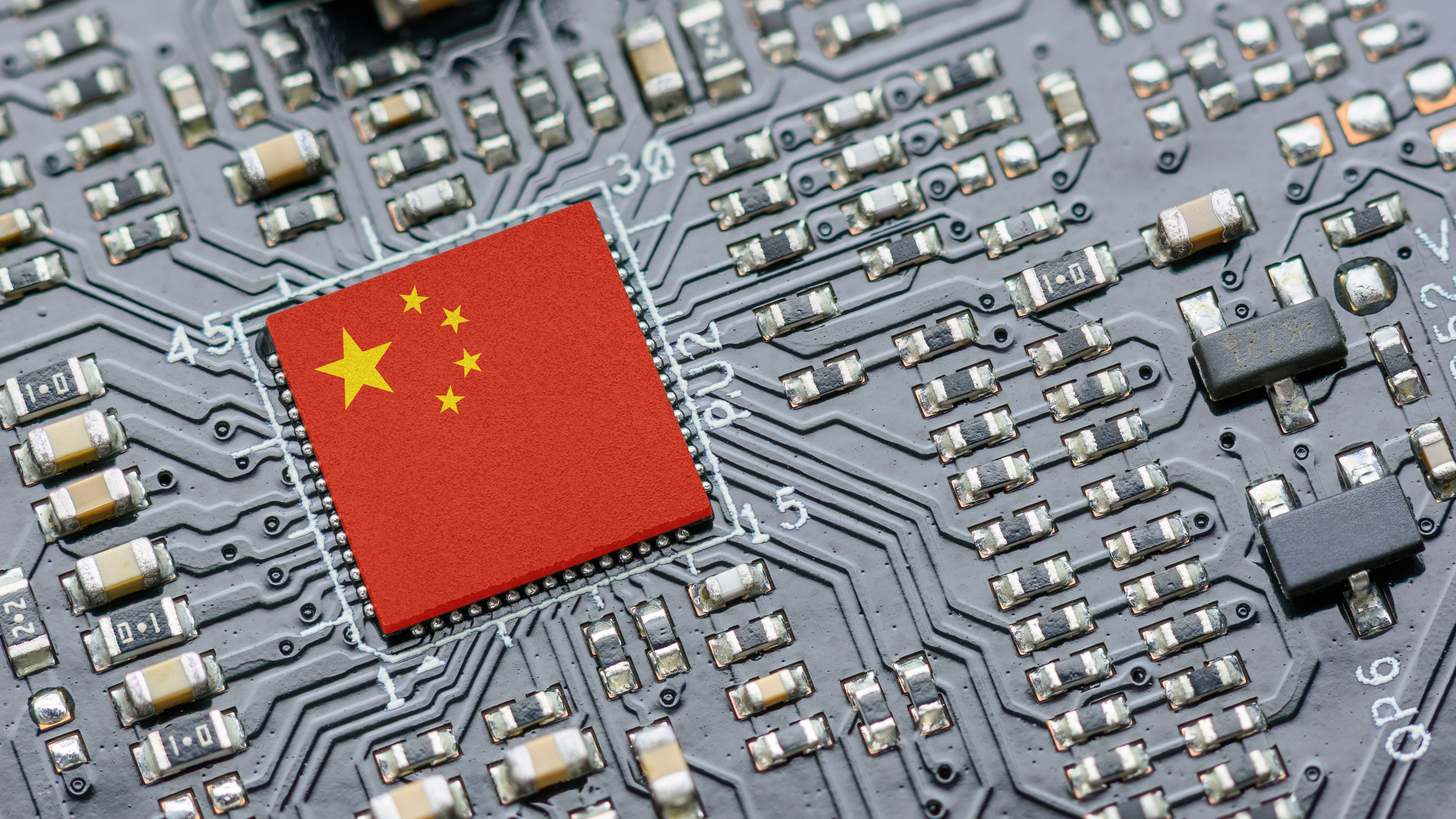
Reuters reports that despite a third round of US export restrictions, China’s semiconductor industry says it’ll be business as usual thanks to stockpiles.
The latest US sanctions, announced yesterday, add 140 Chinese companies to the ban list. This prevents them from importing 24 kinds of chip manufacturing tools and high-bandwidth memory (HBM), a crucial component for AI-optimized GPUs such as Nvidia’s B200.
However, in the long term, the ban on chipmaking tools will likely have more impact. Given that semiconductors made by Nvidia, AMD, Intel, and others are at least partially off-limits, China would need to make its competing chips if it wants to keep up technologically with the US and its allies. Previous rounds of export controls already blocked China’s access to cutting-edge equipment like ASML’s extreme ultraviolet (EUV) lithography machines, and the latest restrictions could make it even more challenging for the Chinese chip industry to acquire less advanced tools.
Despite the potential severity of the new sanctions, Chinese companies say they’re ready to continue and adapt to the new rules, thanks not only to stockpiles of critical components but also to China’s domestic production of the same items the US government has targeted.
Reuters quotes electronic design automation company Empyrean as saying that “the company will seize the development opportunity to accelerate the localization process of full-process EDA tools.” Another firm, Jiangsu Nata Opto-Electronic Material, says it will rely on stockpiles and the local supply chain; Beijing Huafeng Test & Control Technology claims it’s supported entirely by domestic suppliers, according to a report from the 21st Century Business Herald.
Self-sufficiency has been a key goal of China and its semiconductor sector. While the country hasn’t yet achieved its own EUV machines, a significant roadblock in manufacturing chips on the 7nm node and beyond, China has apparently already achieved a basic level of self-sufficiency in chipmaking tools.
Despite this apparent self-sufficiency, the Chinese government has labeled the sanctions “economic coercion” and has unsurprisingly made some of its own, reports Reuters. China’s export controls completely ban the export of antimony, gallium, germanium, and “superhard” materials to the US. Graphite exports haven’t been entirely banned but are under increased scrutiny.
According to Project Blue, China mines 48% of the world’s antimony and creates 59.2% of refined germanium and a whopping 98.8% of refined gallium, so the restrictions will likely be a significant issue for industries that rely on these minerals.
While semiconductors are almost synonymous with silicon, gallium, and germanium are also used for some chips. In particular, germanium has been floated as a potential successor to silicon, which is still preferred thanks mainly to its lower price. Although not a killing blow, the sanctions will almost certainly cause at least some pain for Western chip firms.







